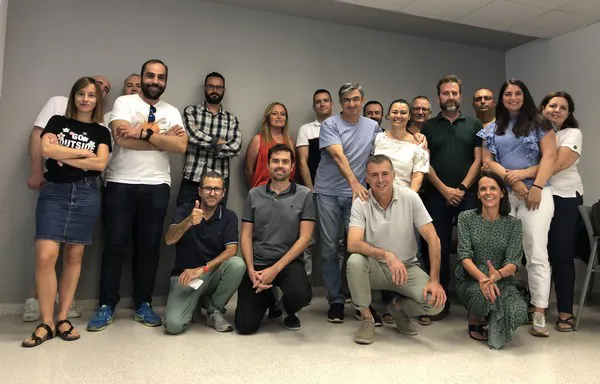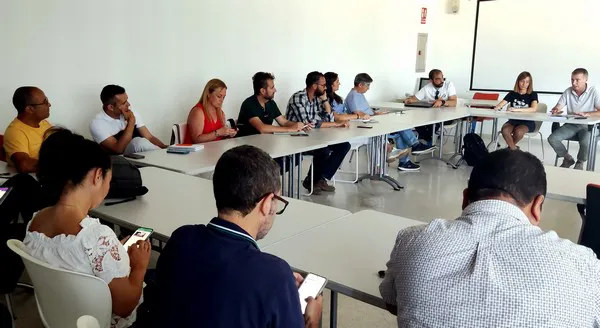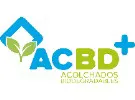Vegetable producers in the Region of Murcia grow their product under low rainfall and numerous hours of sunshine conditions. These climatic characteristics, beneficial to crops, are the key reason for the use of padding. The Biodegradable Padding Task Force was created to solve these issues. To do this, the Task Force is carrying out the ACBD+ innovation project, which aims at formulating biodegradable padding that responds to the particularities of this Region and that naturally degrades in the shortest possible time after being used. "We plan to use native microorganisms to achieve this," stated Abelardo Hernandez, technical manager of Proexport and coordinator of ACBD+.

The ACBD+ innovation project is composed of the Verdimed, Grupo CFM, Bonduelle, Kernel Export, Campo de Lorca, Primaflor, Grupo G's, and Florette companies under the coordination of the Association of Fruit and Vegetable Producers and Exporters of the Region of Murcia (PROEXPORT). The European Union, through the EAFRD funds and the Autonomous Community of the Region of Murcia, finances the initiative with 191,000 euro.
ACBD+ is working with the CETEC (Footwear and Plastic Technological Center of the Region of Murcia) and CEBAS-CSIC (Centre for Edaphology and Applied Biology of Segura) innovation centers.

"At CETEC we work on obtaining two formulations of biodegradable cushioning in soil, adapted to the agroclimatic conditions of the Region of Murcia and which are prepared in our pilot plant," stated Lupe Leon Sanchez, a doctor in environmental sciences at the R+D+i department.
To do this, several tests are carried out in the laboratory of plastic materials created, which analyze the mechanical resistance of the formulations, carry out accelerated aging tests using sunlight in a UV chamber, and disintegration and biodegradability tests in soil, simulating the conditions of the cultivation fields, with and without the inoculum of microorganisms prepared by CEBAS.
"The objective of these tests is to assess the rate of biodegradation of the formulations created, comparing them with the commercial biodegradable padding usually used, and where appropriate, modify them to adapt them to the agroclimatic conditions of southeastern Spain," she stated.
In turn, the Enzymology and Bioremediation of Soils team at CEBAS-CSIC is researching the use of microorganisms to accelerate the degradation of biodegradable plastics in the soil at the end of their useful life. "This will benefit us in two ways. On the one hand, it'll reduce the time spent that the biodegradable plastics remain in the soil, and on the other, it'll improve the quality of the soil and the crop," stated Margarita Ros, a scientific researcher.
